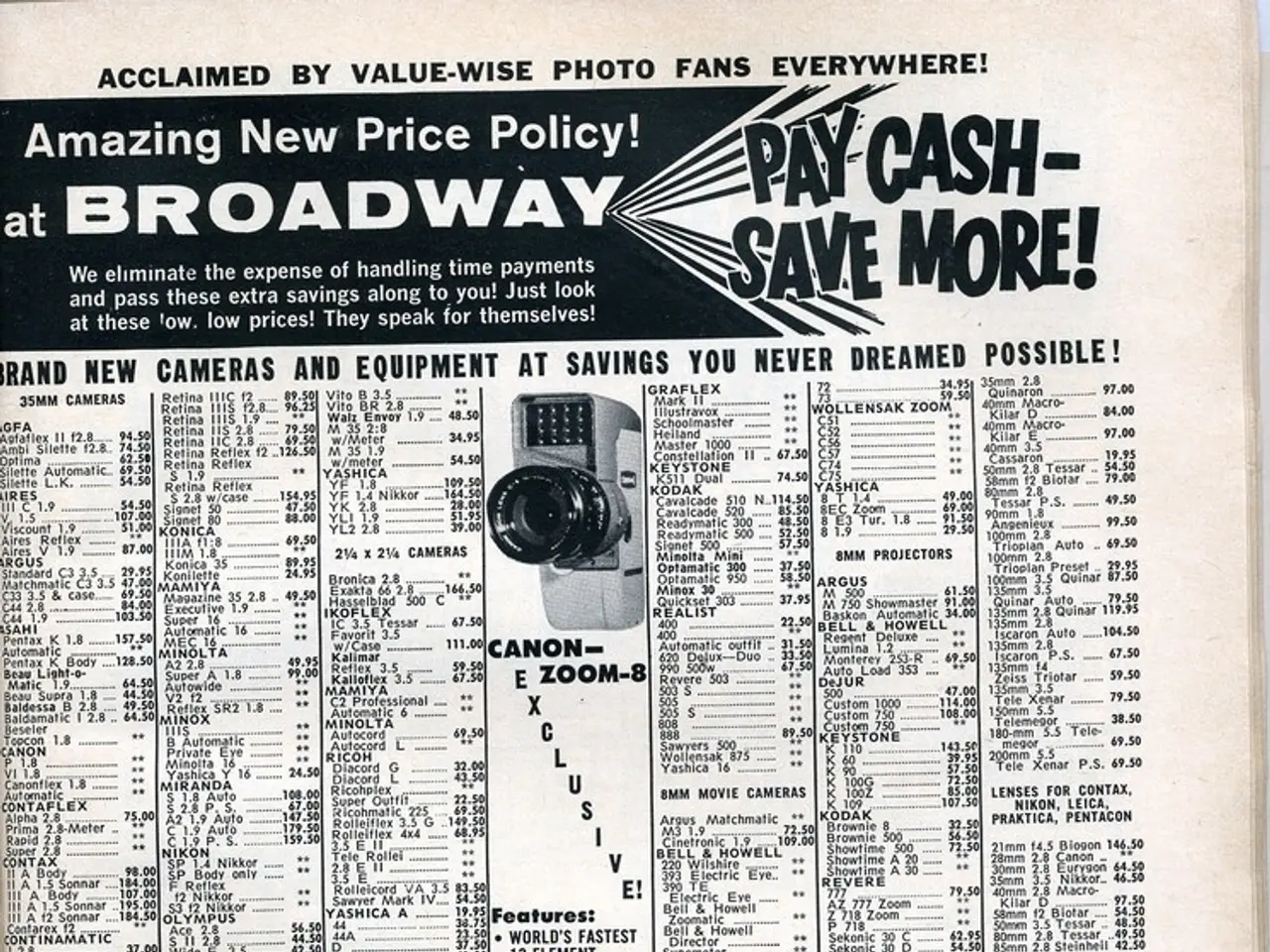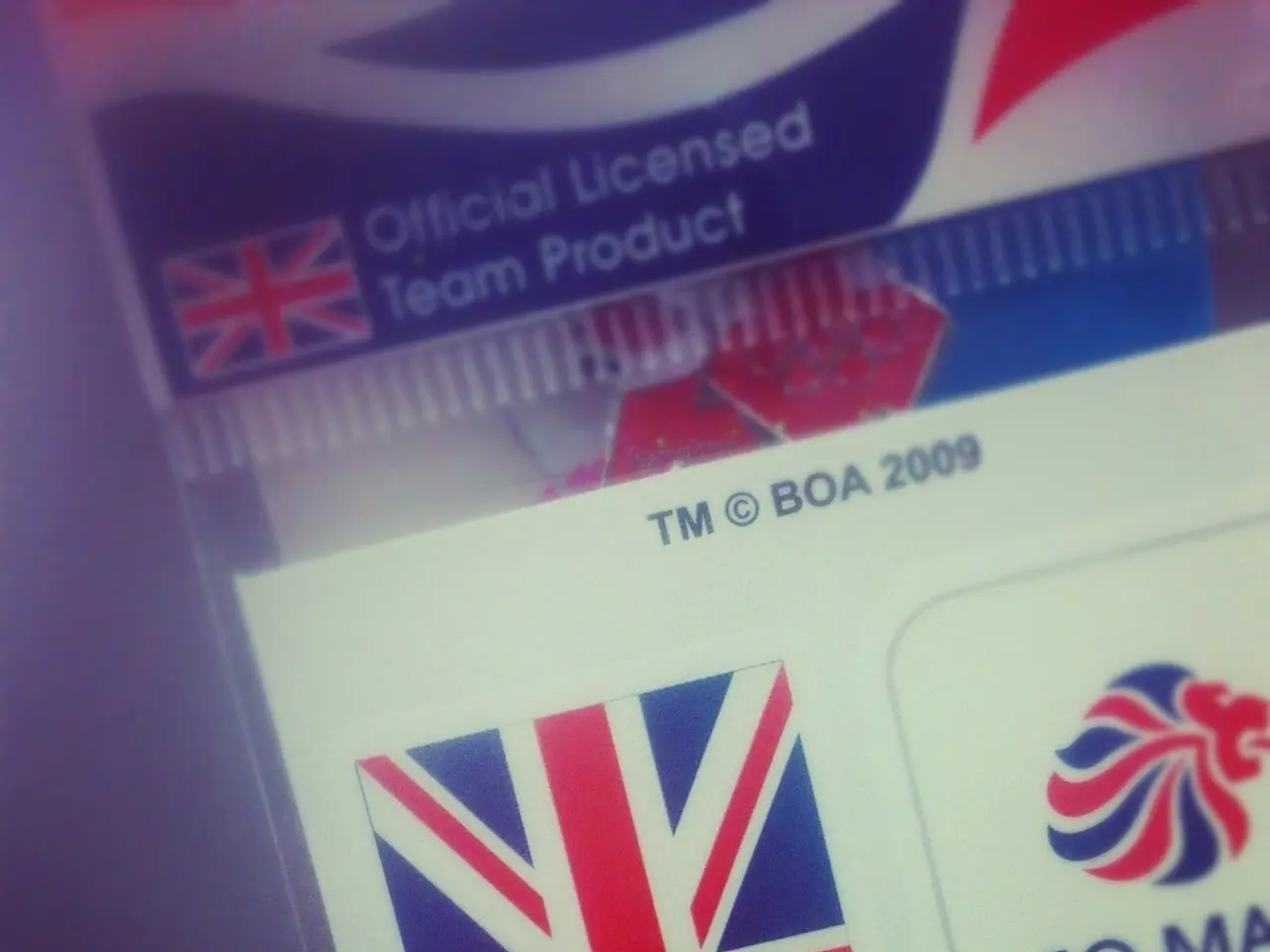Workers in the UK call for action on wage disparity: Significant backing for mandatory reporting of disability and ethnicity pay gaps
The UK government is planning to introduce the Equality (Race and Disability) Bill, which will require employers with 250 or more employees to report on ethnicity and disability pay gaps, similar to the existing gender pay gap reporting. However, the bill has not yet come into full force.
While preparations are underway among employers, less than half are currently calculating these pay gaps. The bill aims to improve transparency and address disparities related to race and disability pay in the workplace.
Government consultations on the bill and related reporting frameworks have taken place, and surveys indicate employer support, although they also highlight the need for more preparation. Many employers suggest aligning ethnicity and disability reporting with the current gender pay gap framework using existing legal definitions to facilitate implementation.
In the meantime, some UK public sector bodies like HMRC are actively reporting on equality objectives and impact assessments under the existing Equality Act 2010 duties, but these relate more broadly to equality rather than the new mandatory pay gap reporting measures.
A recent study reveals that almost half (49%) of workers have taken time off due to stress or anxiety related to pay, finances, or the cost of living, with Black, Asian, and mixed ethnic background workers, as well as disabled workers, being disproportionately affected.
The EU Pay Transparency Directive, currently being rolled out across all 27 EU member states, is being advocated for as a future policy area. Nearly three-quarters (73%) of workers want tougher legal requirements for employers to publish pay information and take corrective action when pay gaps emerge.
A lack of salary transparency is a concern for working professionals, with 56% being put off job applications due to no salary range. More than nine in ten (92%) workers expect firms to implement remedial measures or provide clear justifications whenever discrepancies are found.
The campaign for mandatory reporting on both disability and ethnicity pay gaps has gained momentum. People Like Us has launched "Britain's Ethnicity Bill" to hold the UK government accountable for introducing mandatory ethnicity pay gap reporting and the Equality (Race and Disability) Bill. The directive requires employers to publish salary ranges and bans them from asking about salary history, giving rights to find out the pay of others doing similar work.
UK workers support mandatory reporting on both disability and ethnicity pay gaps, with 77% backing disability pay gap disclosure and 70% supporting ethnicity pay gap reporting. James Taylor, strategy director at disability equality charity Scope, calls for the government to tackle the Disability Employment Gap by introducing pay gap reporting and supporting workplaces to become fairer and more inclusive.
Almost eight in ten (78%) workers believe employers should compare the pay of employees performing work of equal value. Over three-quarters (77%) of workers agree that employers should have to publish the salary range for a job in a job advert. Tom Heys, pay gap expert at Lewis Silkin, emphasizes the importance of transparency for employers to move from intention to action.
Sheeraz Gulsher, co-founder of People Like Us, urges the government to move quickly with the bill to create a fairer workplace environment. The link to the Britain's Ethnicity Bill tool can be found at https://britainsethnicitybill.plu.org.uk/.
The campaign highlights a collective loss of £3.2bn annually due to ethnicity pay gaps for ethnic minority workers. Pay secrecy is widely seen as perpetuating discrimination, with over two-thirds (69%) suspecting that pay secrecy is directly fuelling inequality in the workplace.
Black, Mixed Descent, and disabled workers are significantly more likely to report needing to rely more on public services due to their pay level and job security. The Equality (Race and Disability) Bill, if enforced, could potentially address these disparities and create a fairer and more inclusive work environment in the UK.
In light of the growing support for mandatory reporting, employers are recommended to align ethnicity and disability reporting with the current gender pay gap framework using existing legal definitions, facilitating implementation (as suggested by many employers). Additionally, the EU Pay Transparency Directive, being implemented across EU member states, is being advocated for as a future policy area in the UK, with nearly three-quarters of workers demanding tougher legal requirements for employers to publish pay information and take corrective action when pay gaps emerge.




